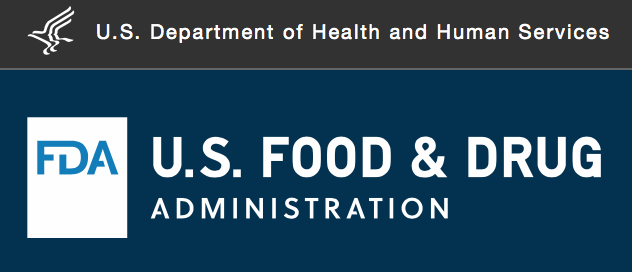30 March 2019
The US Food and Drug Administration (FDA) recently released a statement announcing amendments to the Mammography Quality Standards Act (MQSA). The “lay person letter” that patients receive with information about their mammogram results, and aspects of mammography facility quality measures, are part of the MQSA.
As noted in the FDA statement, proposed changes to current regulations include:
- Requirements for uniform breast density reporting
- Comments in the lay person letter that additional imaging may be recommended if a woman has dense breasts
- A process to update and modernize mammography quality standards
- Improvements in the ability of the FDA to enforce violations of standards
- Strengthen mammogram facility record-keeping requirements to minimize loss of information
The change that most patients will notice is the requirement for breast density reporting.
Approximately 40% of patients undergoing mammograms have dense breasts, a subjective measure of the proportion of glandular tissue (which tends to appear white, or “dense” on mammogram) versus fatty tissue (which appears darker) on mammogram. Mammograms are less sensitive in patients with dense breasts since cancers generally appear as a white lump on a mammogram, and are harder to visualize against a white dense background. In addition, patients with dense breasts appear to have a high risk of developing breast cancer – although the age at which this becomes significant is not apparent. Younger women naturally have dense breast tissue, and density tends to decrease with age, especially after menopause. Women who take estrogen hormone therapy often maintain breast density even after menopause. Genetic and individual factors also play a role – some women have dense breasts well into their 70-80s even if they are not taking hormone replacement therapy.
36 states in the US currently have breast density reporting laws, in part due to the work of Dr. Nancy Cappello. Diagnosed with advanced breast cancer after years of normal mammograms, she was informed that her prior mammograms could not identify the cancer due to “dense breasts”. Through the advocacy group that she started, Are You Dense?, she sought to change breast density reporting state-by-state. The proposed changes to the MQSA will require that all women are informed of their breast density.
While mammograms are less sensitive in women with dense breasts, they still remain an important tool for cancer detection. Calcifications and subtle areas of distortion, which can be early signs of breast cancer, may not be visualized on other imaging tests such as ultrasound or MRI. Tomosynthesis, or 3D mammography, is a form of mammography that can improve the rate of breast cancer detection and can also reduce the rate of “false alarms” or callback examinations. One recent study noted that it can identify between 2 – 5 additional cancers per 1000 exams compared to the more common 2D digital mammography. 3D mammography is not always covered by insurance.
Ultrasound and MRI are sometimes used as supplemental screening in patients with dense breasts, although practices (and insurance coverage) varies. One of the challenges is that the harder we look, the more we find – and not everything needs to be found. False positive findings (false alarms) may result in unnecessary biopsies or increased imaging for a period of time to confirm that the finding is not cancer. MRI (as currently performed) requires the use of the intravenous contrast material gadolinium, which in one form (not the form most commonly used for breast MRI) has been linked to deposits in the brain and kidneys. MRI is most commonly recommended as supplemental screening for women considered to be in a high-risk category.
The proposed FDA changes to MQSA are a welcome update. There is a lot of work to be done towards the goal of personalized breast cancer screening based on risk. However, standardization of the notification process and increased oversight of mammography facilities are important steps.
Additional Information: NBC / Today Show – FDA Wants Women to Know About Breast Density

